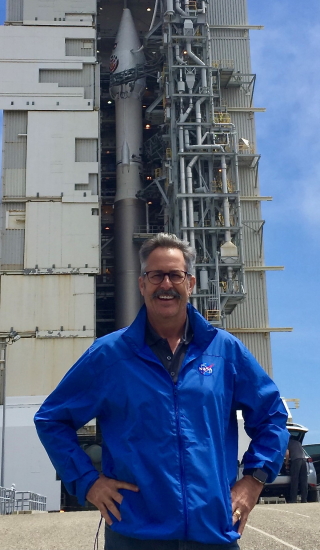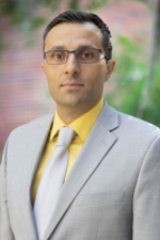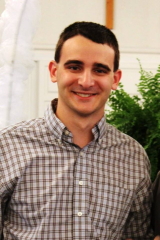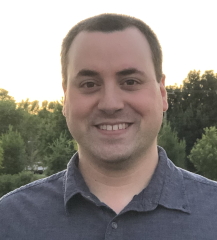
Mr. Larry Fineberg
Larry Fineberg has worked in the aerospace industry for over 35 years, primarily at the Kennedy Space Center (KSC). During his 20-year tenure at Boeing, he served as the KSC design center representative for the design, development, qualification, manufacturing, processing, and post-flight data analysis of the space shuttle orbiter main propulsion system. In 2004, Mr. Fineberg transitioned to a NASA civil servant in the Launch Services Program (LSP) and served in an oversight role for the Atlas V and Delta II launch complex mechanical systems. A few years later, and until retirement, he served as an LSP Senior Integration Engineer for expendable launch vehicle missions, such as: InSight Mars Lander, Magnetospheric Multiscale (MMS) Mission, NuSTAR, STSS Demo (Missile Defense Agency) and Educational Launch of Nanosatellites (ELaNa) in coordination with the CubeSat Launch Initiative (CSLI).
Prior to Mr. Fineberg’s retirement from NASA in 2018, he became interested addressing methodologies to reduce/eliminate space junk. In that capacity, he arranged for Dr. Bevilacqua and his team (Dr. Omar and Dr. Guglielmo) to create a prototype of a device which could be attached to a small spacecraft, such as a CubeSat, for end-of-mission controlled demise scenarios including a targeted earth atmospheric entry point. This project has evolved into the Deorbit Drag Device (D3).
Mr. Fineberg is also part-time Adjunct Professor teaching aerospace design capstone classes (University of Florida-2019 and Embry Riddle University -Current). In addition, he currently serves as an independent consultant in a variety of technical areas, including CubeSat design, construction, and operation.

Dr. Riccardo Bevilacqua
“Dr. Riccardo Bevilacqua is a Professor of Aerospace Engineering at Embry-Riddle Aeronautical University (ERAU). He holds a M.Sc. in Aerospace Engineering (2002, cum laude), and a Ph.D. in Applied Mathematics (2007), both from the University of Rome, "Sapienza", Italy. Dr. Bevilacqua is the recipient of two Young Investigator Awards, from AFOSR (2012) and ONR (2013), of the 2014 Dave Ward Memorial Lecture Award from the Aerospace Controls and Guidance Systems Committee, and of 5 Air Force Summer Fellowships (2012, 2015 and 2021 at AFRL Space Vehicle Directorate, 2019 and 2020 at AFRL Munitions Directorate). His research interests focus on spacecraft formation flight, space robotics and warheads/spacecraft fragment fly-out predictions. He has authored and co-authored more than 100 journal and conference publications on the topics. He is an AIAA Associate Fellow and IAA Member. He is the founder and chair of the IAA conference on Space Situational Awareness.”

Dr. Sanny Omar
Sanny Omar completed his bachelor's degree in aerospace engineering at Auburn University with minors in Business, Spanish, and Computer Science. In the Fall of 2015, he enrolled in the Ph.D. program at the University of Florida (UF) and worked in the ADAMUS lab under Dr. Riccardo Bevilacqua. Sanny received the NASA Space Technology Research Fellowship, the NSF Graduate Research Fellowship, and UF's Graduate Student Research Fellowship while at UF. He received his Ph.D. from the University of Florida in 2019 on “A Drag Device and Control Algorithm for Spacecraft Attitude Stabilization and De-Orbit Point Targeting using Aerodynamic Drag”. Sanny is currently employed as a Guidance, Navigation, and Control Engineer at Millennium Space Systems in Los Angeles.

Dr. Dave Guglielmo
Dr. Dave Guglielmo is a Training Engineer with MathWorks, Inc., with a focus on control design automation and model-based design. Prior to joining MathWorks, Dr. Guglielmo worked as a postdoctoral researcher at the University of Florida, where he also received his Ph.D. in Aerospace Engineering.
